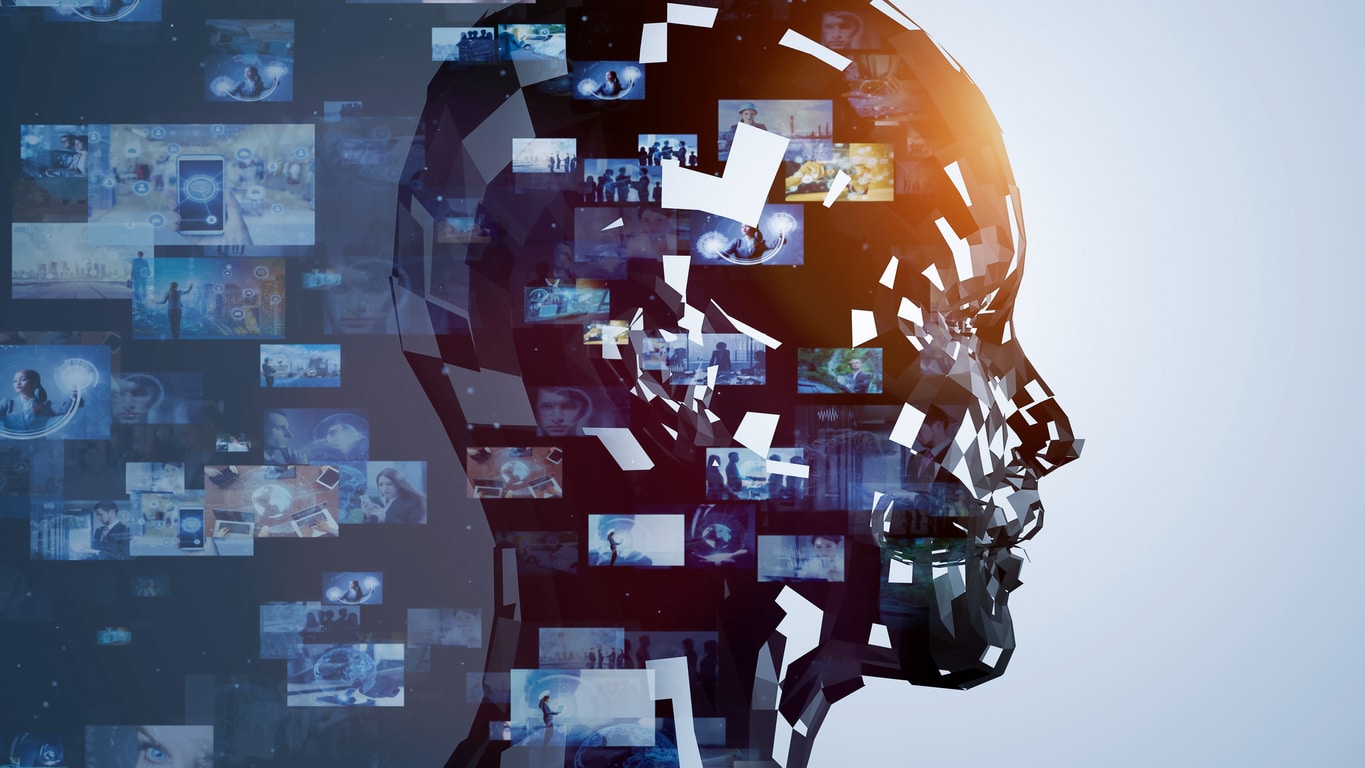Artificial intelligence (AI) is changing all aspects of digital marketing faster than the industry could ever have thought possible. AI is solving problems and saving time for businesses – especially when it comes to SEO.
SEO has never been static but is constantly changing and adapting to algorithms, demand, audiences and updates. That’s why keeping on top of the changes and implementing and optimising has always been a time-consuming exercise but AI tools are helping to make this quicker and more accurate.
Got any examples of AI?
AI tools are widely available (and some are even free) to perform everything from keyword research to data analysis.
The free website www.ryrob.com, for example, allows users to input keywords to create prompts for content creation for e-newsletters, blogs and social media.
Tools like the hugely popular ChatGPT, which uses AI to create text based on user prompts, are changing the way copy is created for websites, apps and social media posts. The free tool also allows users to refine content ideas to create targeted copy that their audience wants to read.
Posing the question ‘how will ChatGPT change content creation?’, the tool responded with:
‘ChatGPT, as a large language model, has the ability to generate human-like text based on the input it receives. This has the potential to change the way content is created in a few ways:
- Automation: ChatGPT can be used to automate the content creation process, allowing for faster and more efficient production of written content
- Personalisation: ChatGPT can be fine-tuned to understand and respond to specific industries, products or services. This will allow for the creation of personalised content that is tailored to the target audience
- Variety: ChatGPT can generate a wide range of content including articles, blog posts, product descriptions, social media posts and more, making it possible to create content in different formats and styles
- Quality: ChatGPT can be trained on large amounts of data, which allows it to produce high-quality content that is grammatically correct, coherent and engaging.
Think that’s good? Wait til you see tome app! This is PowerPoint of the future, with the ability to create a variety of attractive slide decks in different styles populated with content on any topic you can think of. Users have the option of adding AI-generated content and images to populate the deck, using their own content, or a mixture of both.
All sounds great! What’s the catch?
As a wise person once noted, nothing is perfect. The text produced by some AI tools can be repetitive, stiff and unnatural. It may be OK for a jumping off point but for organisations that want their tone to shine you cannot beat a human writer with the full gamut of emotions, experience and understanding of style.
ChatGPT itself admits it isn’t perfect, listing its limitations as:
- May occasionally generate incorrect information
- May occasionally produce harmful instructions or biased content
- Limited knowledge of world and events after 2021.
So is AI good or bad for SEO?
There was speculation that AI-generated content was against Google’s guidelines, but in early 2023 Google said as long as such copy was created with humans, not SEO-rankings, in mind it was fine.
They have also said: At Google, we think that AI can meaningfully improve people’s lives and that the biggest impact will come when everyone can access it.
There is a fear that some people or organisations will use AI to flood the internet with cheap SEO spam.
It’s important to remember that AI can do an incredible variety of tasks. However, it cannot think, and relies on commands or questions to produce results. Human’s ability to think provides an advantage that artificial intelligence can’t compete with.
The Harvard Business Review summarised AI perfectly: The question of whether AI will replace human workers assumes that AI and humans have the same qualities and abilities — but, in reality, they don’t… In its simplest form, AI is a computer acting and deciding in ways that seem intelligent.
Don’t fire the humans just yet…
So does the rise of AI spell the death of human involvement in digital marketing and SEO? Absolutely not!
In an ideal word, people should be working with the data produced by AI to refine and optimise results. This is vital for SEO where one small mistake or typo could mean your whole strategy suffers. As we’ve seen, AI doesn’t verify or analyse results, nor does it understand your previous or upcoming strategies. And AI certainly won’t be there to fix any problems or optimise your results. In a world where SEO updates come thick and fast, ChatGPT’s limitations of events after 2021 means updates and optimisations from this time on won’t be considerated in any SEO suggestions it spits out.
So like everything in life, buyer beware.




